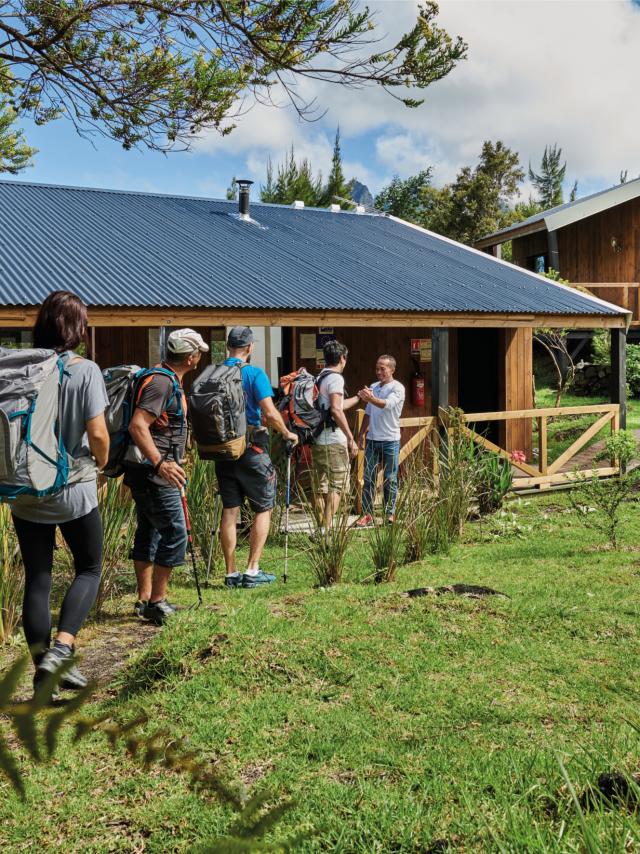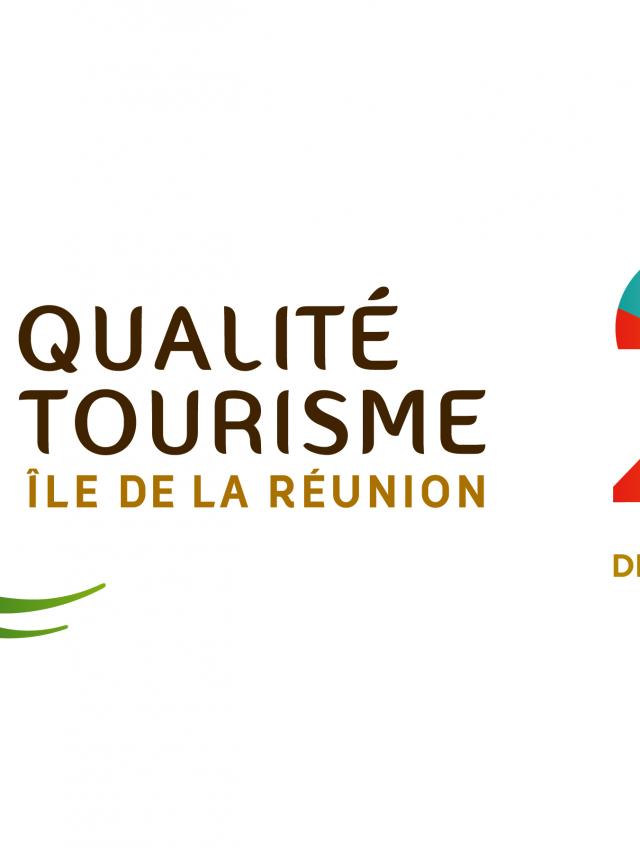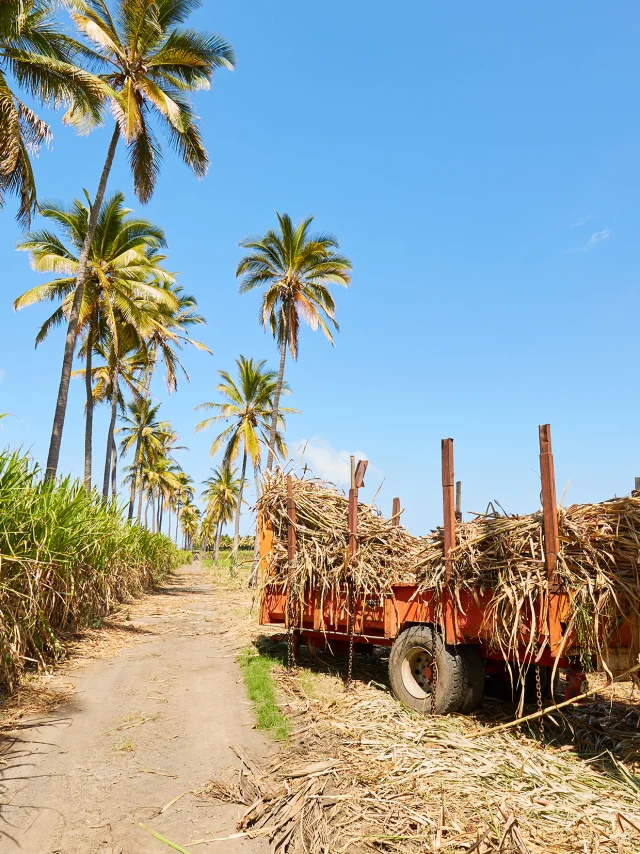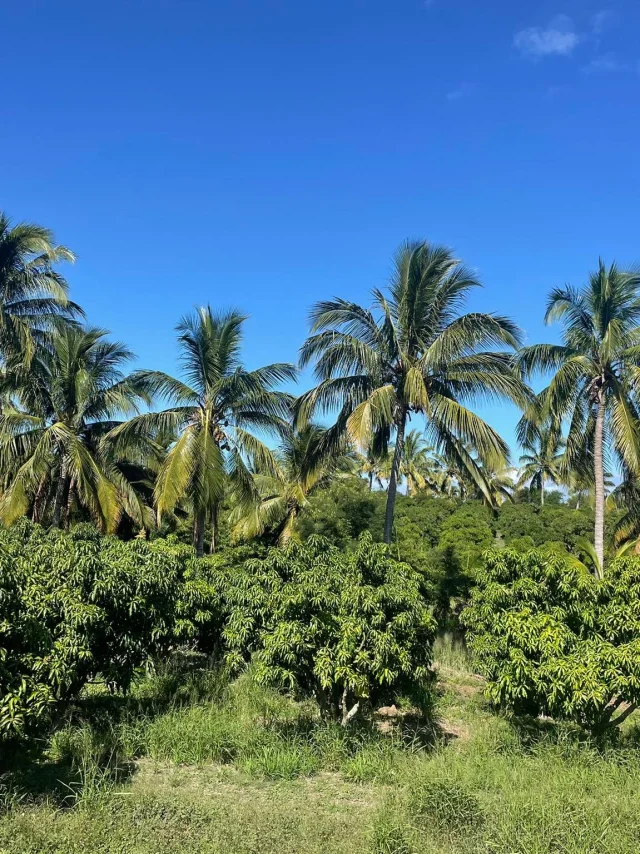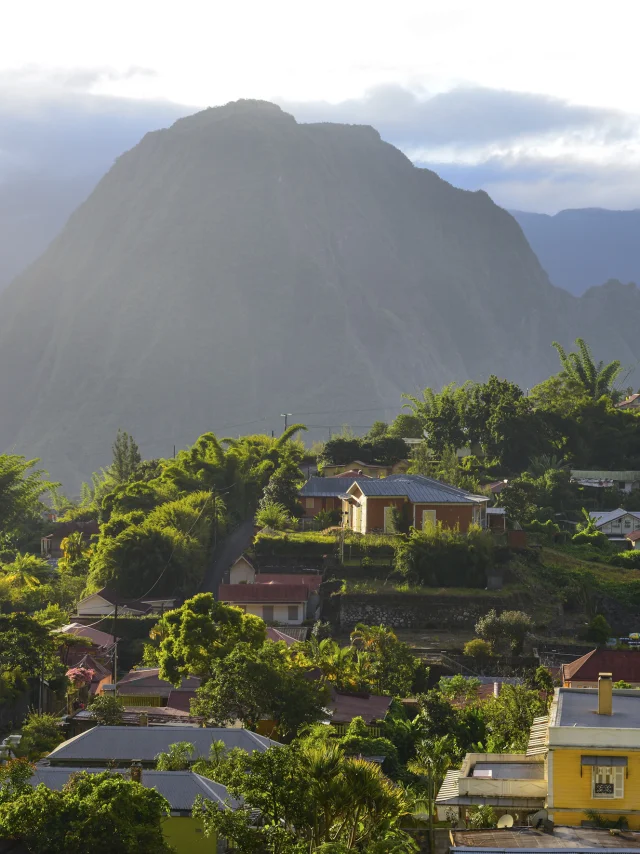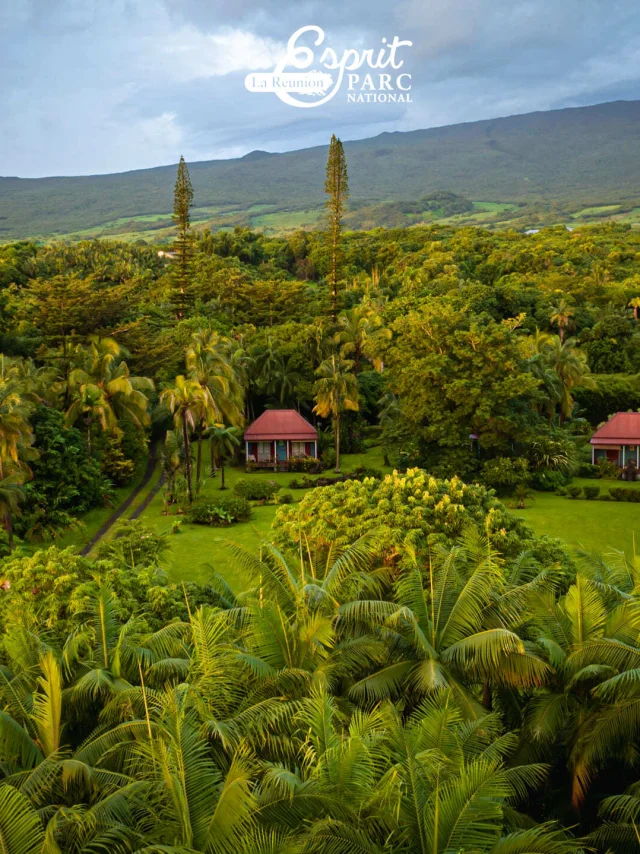Establishments bearing a label on Reunion Island, regardless of their type of activity and level of services, all have the same goal: to satisfy their customers. Among the other labels used on Reunion Island, there are some French national ones and some international ones, environmental labels and those related to accommodation and catering services.
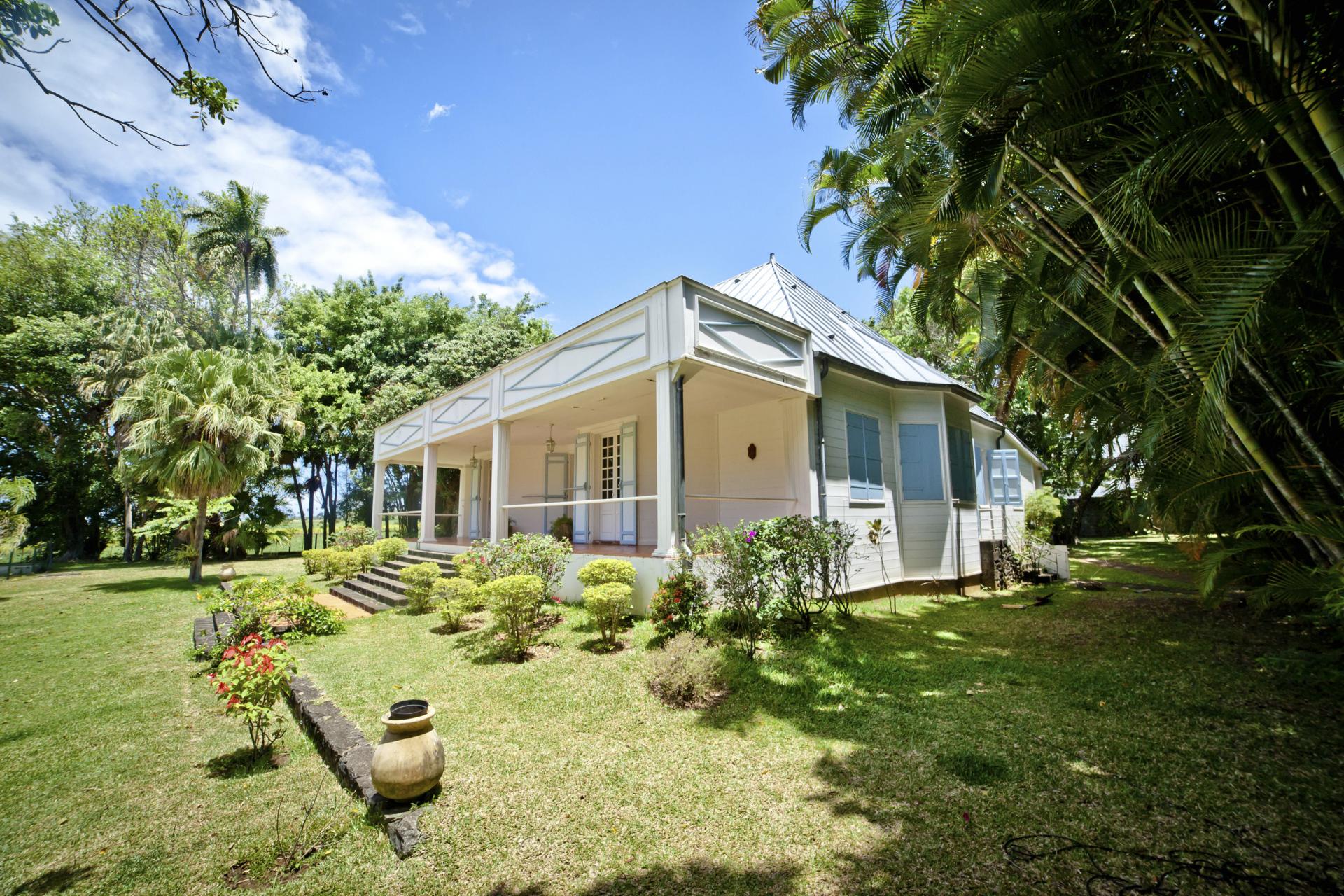 Architecture Case Creole57 Credit Irt Cedric Etienne.jpg
Architecture Case Creole57 Credit Irt Cedric Etienne.jpg Gite de belouve
Gite de belouve
Accommodation designed to awaken the 5 senses, to offer emotional experiences and feelings that guests don’t get from a standard accommodation offer. Sight is characterised through the lighting, decoration, exceptional landscapes…Hearing with music, the sounds of nature, silence…The sense of smell, with fragrances, floral decorations…Taste is characterised through new flavours, using top-quality produce and a touch of innovation…And touch… with the different noble and natural materials used…
This new approach to tourist accommodation through personalised services is an ideal way to ensure customer expectations are met.
“Charming” accommodation can include small hotels, guesthouses and holiday rentals. Look for the “Hébergement de Charme” indication. These establishments have to bear the Qualité Tourisme Ile de La Réunion label first, and satisfy some specific criteria.
You’ll be able to recognise the “Hébergements de Charme” accommodation thanks to the logo opposite.
The labels present in Reunion Island
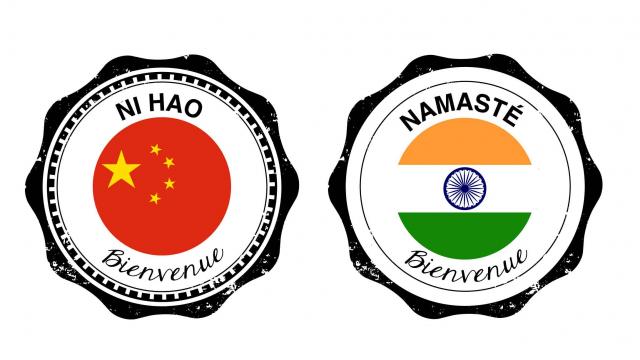 Logo Caci.jpg
Logo Caci.jpgCERTIFICATION FOR WELCOMING CHINESE AND INDIAN CLIENTELE (CACI)
To meet the demands from Chinese and Indian Tour Operators, IRT has introduced this quality label for local companies in the tourism sector, who already have the Qualité Tourisme Ile de La Réunion label. Professionals who would like to develop specific welcome criteria adapted to the habits and customs of these two countries, strive to offer a personalised welcome for these cultures, with meals that are adapted to their culinary habits, and to make communication easier thanks to the translation of documentation and bilingual staff.
The professionals involved in this approach can be identified by these logos: “Namasté” and “Ni Hao”.
You’ll be able to recognise the establishments bearing the label thanks to the logos opposite.
TOURISME ET HANDICAP
Reunion Island accessible to all. The French “Tourisme & Handicap” label was created in 2001 with the goal of providing reliable, descriptive and objective information on the accessibility of tourist sites and facilities taking into account the 4 types of disabilities (motor, mental, hearing and visual), and to develop an adapted tourist offer.
It certifies the efforts of tourism professionals regarding the accessibility and welcome of a specific clientele and guarantees efficient welcome services that are adapted to the indispensable needs of people with a disability.
But it is primarily a response to the request of people with a disability who want to be able to choose their holidays, learn new things, have fun, travel alone, with family or friends, where they wish, just like everyone else.
The labelling process is open to tourism professionals who wish to open their establishments or sites to a broader public: accommodation, restaurants, tourist sites, entertainment venues, welcome and information areas.
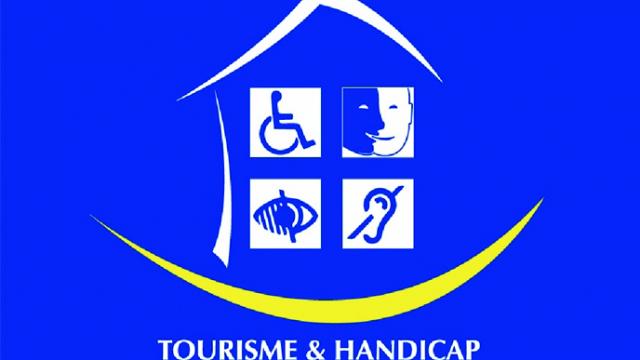 Tourisme Et Handicap 2.jpg
Tourisme Et Handicap 2.jpg Pavillon Bleu.jpg
Pavillon Bleu.jpgTHE BLUE FLAG
The Blue Flag is a well-known certification in tourism, symbol of exemplary environmental quality.
The Blue Flag scheme was set up by TERAGIR and every year it is awarded to marinas who have shown to permanently abide by a sustainable policy of research and application, to ensure a top-quality environment.
This ecolabel is a way to raise awareness and motivate local authorities or managing authorities for the marina to take into account the “environment” criterion in their economic and tourist development policy, as a supporting addition to the compulsory national and/or European directives.
Seeing the Blue Flag flying in a town or marina is the guarantee of good environmental quality. It brings with it a dynamic positive image for both locals and visitors. In that respect, it also creates a general awareness and encourages behaviour that is more respectful to the environment and its natural resources.
This label is awarded to towns and marinas who are committed to achieving environmental excellence. Saint-Paul is one of these towns, with the beaches of Boucan Canot and Ermitage Centre la Passe. Saint-Gilles Port has also been awarded the label.
BIENVENUE À LA FERME
The farmers from the “Bienvenue à la Ferme” (Welcome to the Farm) network simply welcome visitors to their estates.
As ambassadors of Reunion Island farming, hospitality comes naturally to them. They are passionate about sharing their wisdom and expertise with visitors and offer a service full of flavours and colours. Each estate is unique and takes visitors on a voyage through local traditions, that awaken the senses.
The principles of “Bienvenue à la Ferme” are laid out as national specifications, defining the rules applicable to each “Bienvenu à la Ferme” service (e.g.: farm products, camping on the farm, etc.). Decentralised services of the French State are responsible for checking these commitments are respected, such as the Chamber of Agriculture and the “Bienvenu à la Ferme” network.
You’ll be able to recognise the establishments thanks to the logo opposite.
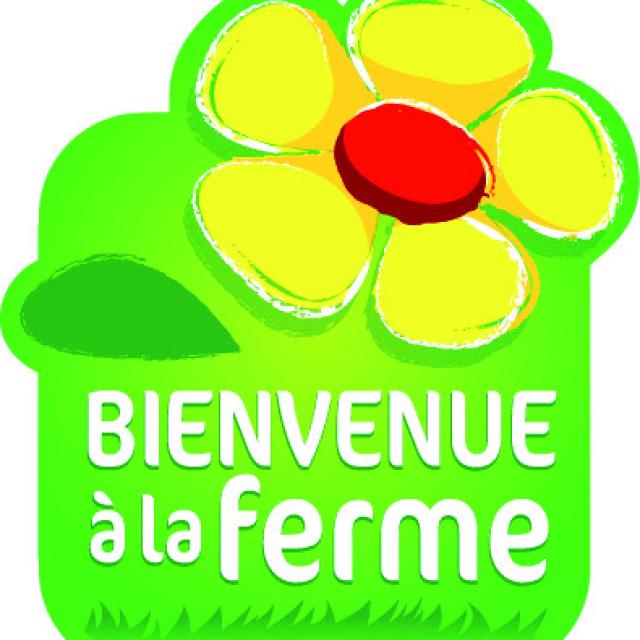 Imprimir
Imprimir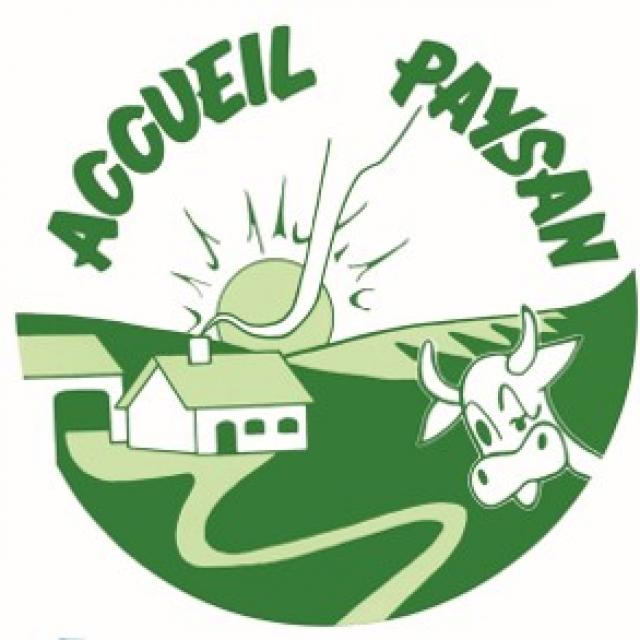 Accueil Paysans.jpg
Accueil Paysans.jpgACCUEIL PAYSAN
“Accueil Paysan” (Welcome Farmers) is a national and international association for farmers who share the same values. They all strive to promote small-scale farming and sustainable tourism, to be able to make a decent living, in their chosen locations.
They wish to showcase what they do, how they live and their natural and cultural environment, by welcoming visitors to their estates, to come and meet them, for an enjoyable experience.
The farmers welcome you to their homes, to sit at their dinner table, explore their fields, meet their animals, in the various landscapes of Reunion Island, that their work has helped to shape.
Members of the association must respect the specifications set by the federation, and regular inspections are carried out.
You’ll be able to recognise the members thanks to the logo opposite.
MAÎTRE-RESTAURATEUR
The title of “Maître-Restaurateur” was created as part of the contract for growth signed in 2007 between the Ministry for the Economy and all the professional organisations in the hospitality industry. The title of “Maître-Restaurateur” is an award given to a specific professional by name for a determined time period (4 years) and can be renewed.
The objectives:
- reward the excellence provided by the very best professionals in the catering industry;
- showcase the skills they’ve acquired thanks to qualifications and/or extensive experience;
- show the establishment’s commitment to quality (welcome, use of fresh produce, hygiene, service, layout).
You’ll be able to recognise the Maître-restaurateur restaurants thanks to the logo opposite.
 Logomaitrerestaurateur Plus Grand.jpg
Logomaitrerestaurateur Plus Grand.jpgECOLABEL
The European Ecolabel was created in 1992 and it is the only official environmental European label that can be used in all European Union member countries. In France it is issued by AFNOR Certification, an independent certifying organism. It is a voluntary certification scheme for products and services.
Companies who wish to bear this label can request to do so.
The community eco-label rests upon a “global approach” that “takes into account the life cycle of a product from the extraction of raw materials, manufacturing, distribution, use and how it is recycled or disposed of after use”. The quality and use are also considered.
You’ll be able to recognise the establishments bearing the label thanks to the logo opposite.
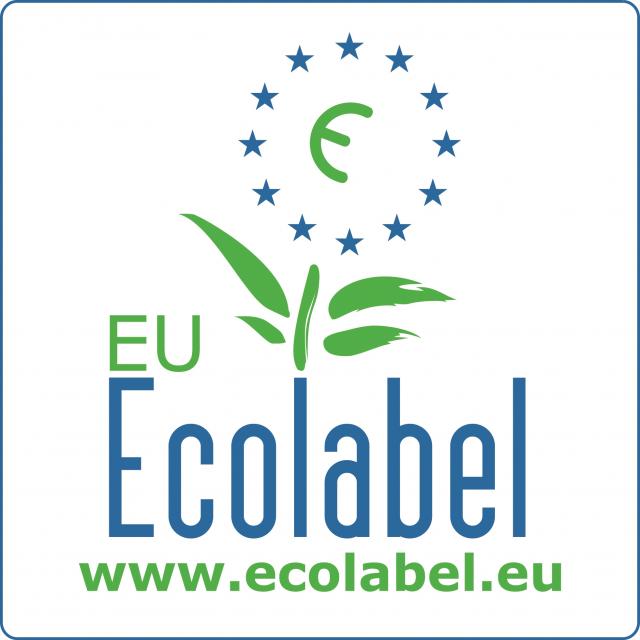 Logo Ecolabel.jpg
Logo Ecolabel.jpg Logo De La Clef Verte.jpg
Logo De La Clef Verte.jpgCLEF VERTE
Clef Verte (Green Key) is a positive voluntary scheme that encourages eco-responsible management in tourist accommodation establishments. Establishments applying for this label first have to be inspected by Clef Verte ambassadors, before a jury decides whether they will be awarded the label or not. The jury is made up of institutions, consumers, professionals, technicians and communication firms.
Environmental education is key to the Clef Verte scheme. To obtain the label, several criteria must be met, here are the main categories:
- general environmental policy: plans for the next 2 years, how suppliers are involved, etc.
- environmental education: employee training and customer awareness in terms of respecting nature, wildlife, saving water and energy, sorting waste – water management: saving water, reasonable use of watering, reading water meters, etc.
- energy management: saving energy, reading meters, energy-saving bulbs, building insulation, using renewable energy sources, etc.
- waste management: sorting waste, no disposable dishes, reducing volume at the source, etc.
- layout of the grounds (for campsites): communal areas, low density, regulated traffic, green areas.
You’ll be able to recognise the establishments bearing the label thanks to the logo opposite.
ESPRIT PARC NATIONAL®
The “Esprit Parc National” label is used to showcase and identify local products that are made in the national park territory, while respecting natural, cultural and landscape heritage.
This label also helps develop local production and provides small producers with added visibility. Today, 9 local producers of honey, vanilla and Bourbon Pointu coffee bear the label. As well as two pot-holing guides who offer outings into the lava tunnels.
To be issued the “Esprit Parc National” label, candidates have to meet certain criteria: be located in a town that is member of the National Park Charter, produce or offer a product that respects natural and cultural heritage, communicate about the characteristics and treasures of the territory, etc. If they meet the specifications, they can then take advantage of the great reputation of the national parks and emphasise the environmental quality and local nature of their products. For consumers, the “Esprit Parc National” label allows them to distinguish local production from imported products, as is the case for vanilla, or to identify the products that are most respectful of the natural habitats, whether the product is cultivated crops or guided outings.
You’ll be able to recognise the products thanks to the logo opposite.
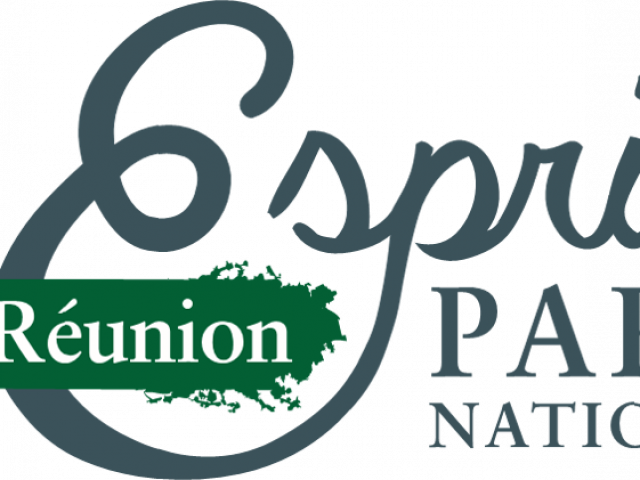 Esprit Parc National.png
Esprit Parc National.png
